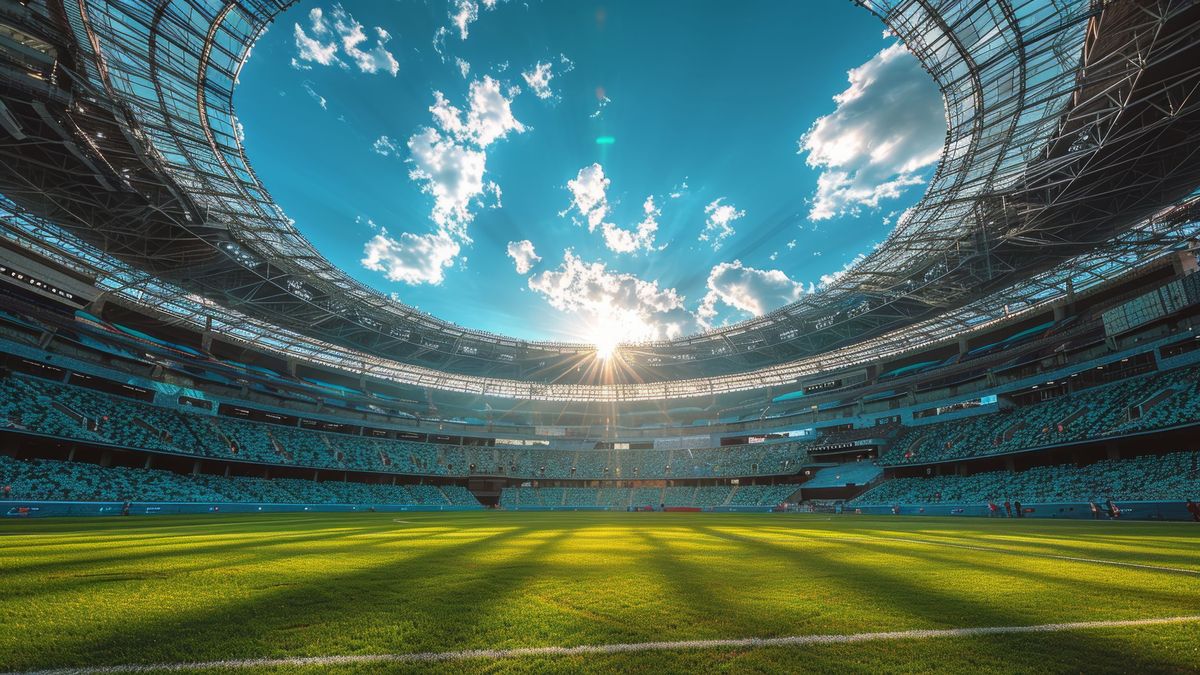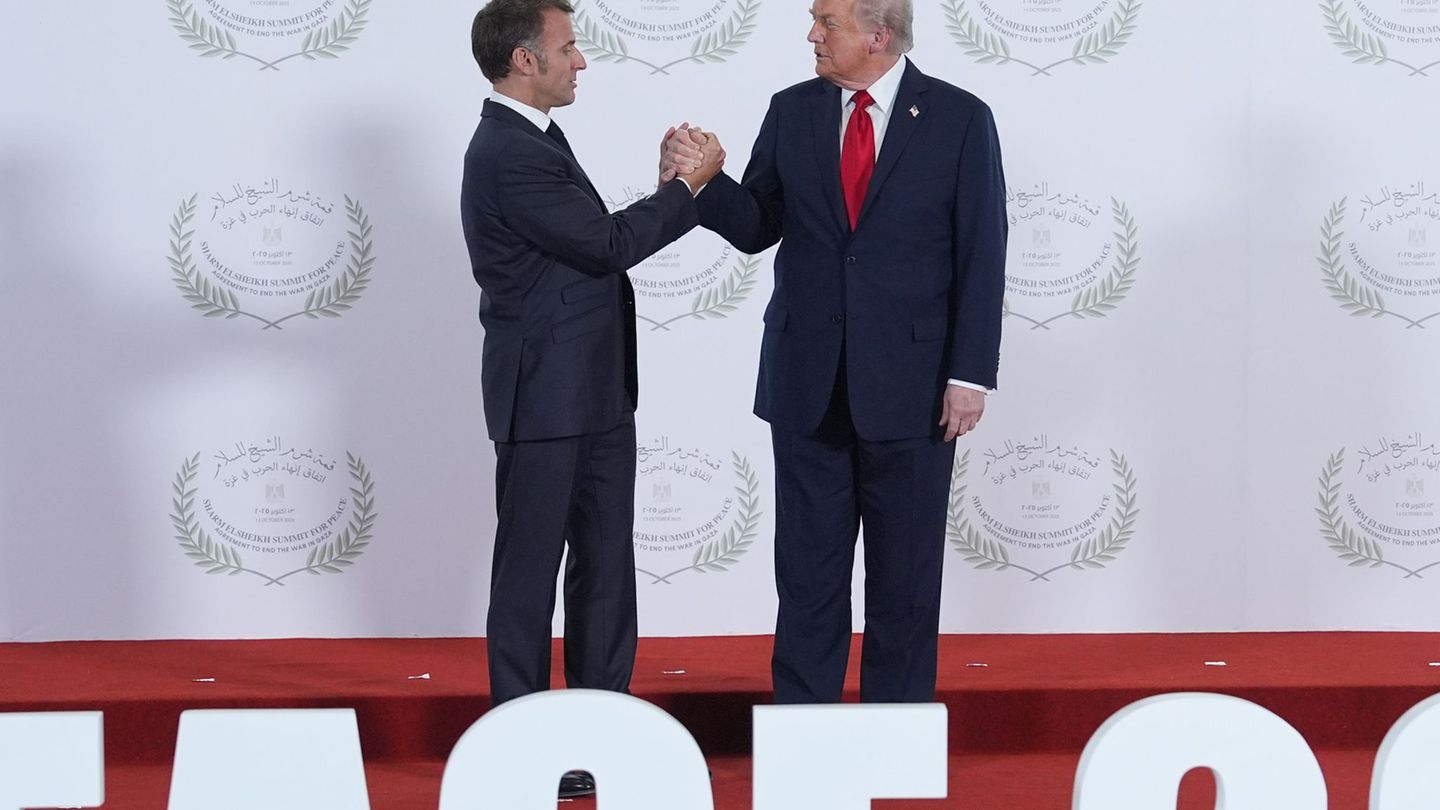When terror is present, it paralyzes the soccer players in their passion to bring joy to a town besieged by war.
The events of soccer They were the scene of massive celebrations, but also tragedies. Throughout history, various attacks have tarnished moments that usually unite society, showing how violence can alter the joy of the most popular sport in the world. This type of terrorist acts leaves an indelible mark, as happened in the Asia Cup 2007.
The content you want to access is exclusive to subscribers.
Iraq attack 2007 Asia Cup.jpg

Football has witnessed a large number of attacks throughout history.
Asia Cup 2007: the attacks that claimed the lives of more than 50 people
On July 25, 2007, the joy of Iraqi fans following their team’s victory in the Asian Cup turned into tragedy. In full celebration for reaching the final after beating South Korea in the semi-final Kuala Lumpurtwo suicide attacks in Baghdad They killed at least 50 people and left more than 100 injured.


The first attack occurred in the neighborhood of Al Mansurwest of Baghdad, when a car bomb driven by a suicide bomber exploded in an area packed with people celebrating the advance of Iraq. The detonation caused the death of 30 people and left around 75 injured, in addition to causing serious damage to nearby buildings.
Minutes later, a second car bomb crashed into an Army checkpoint in the neighborhood of Al Gadirsoutheast of the capital. This second attack killed 20 people and injured another 60, spreading the chaos to another area of the city. The explosions paralyzed the festivities and plunged the fans into an atrocious panic.
The context in which these attacks occurred was complex: Iraq was immersed in a war that affected the daily lives of its population. Despite that, football seemed like a refuge, and the team’s victory offered a ray of hope. However, these attacks showed how vulnerable even moments of joy were.
The coach of the Iraqi team, Jorvan Vieiracommented that the team was shocked by what happened. According to him, the tragedy led them to question whether it was worth continuing to fight for the cup. “If we win, people die; “If we lose, people die.”he said, reflecting the pain and uncertainty they were experiencing. But a mother who lost her son in the attacks said he would have wanted Iraq to win, which motivated the team to continue.
Despite the tragedy, the Iraq team decided to honor the memory of the victims and dedicated their efforts to the final, which they would end up winning, providing a little joy in the midst of pain. The 2007 Asian Cup, which could have been a celebration of unity and hope, became a reminder of the destructive capacity of hate, but also of the resilience of the Iraqi people.
Source: Ambito




